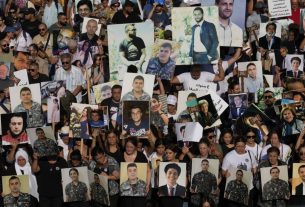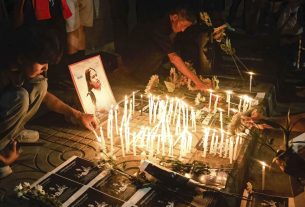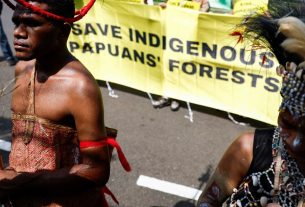Angolan security forces have again been implicated in serious abuses against migrant women from the neighboring Democratic Republic of Congo.
The media reported that Angolan security force personnel and others raped Congolese women and children and otherwise abused them during mass expulsions of migrant workers over the past six months. A United Nations investigation has reportedly confirmed the abuses.
Angolan authorities were quick to deny the allegations. But the security forces’ long track record of abuses against migrants have been extensively documented. In 2012, Human Rights Watch documented that gang rape and sexual exploitation of women and girls were common practices during roundups of undocumented migrants and while they were in custody before deportation.
In 2018, Human Rights Watch called on the Angolan government to suspend the abusive deportation of Congolese migrants and conduct a prompt and impartial investigation into alleged abuses by state security forces. The abuses reported then included beatings, sexual violence, looting, and destruction of property. The massive deportation was temporarily halted in the same year but the results of an investigation – if one took place – were never made public.
The seriousness of these new reports of sexual violence requires much more than a simple denial from the Angolan government. Under the Protocol to the African Charter on Human and Peoples’ Rights on the Rights of Women in Africa(the Maputo Protocol), which Angola in ratified 2007, the government has obligations to prevent, investigate, prosecute, and punish those responsible for abuses as well as provide timely, accessible, and effective remedies to victims and survivors.
The fact that security force abuses have been committed over more than a decade is a clear sign the Angolan government has not done its duty to protect migrants and refugees, especially women and girls, from harm.


